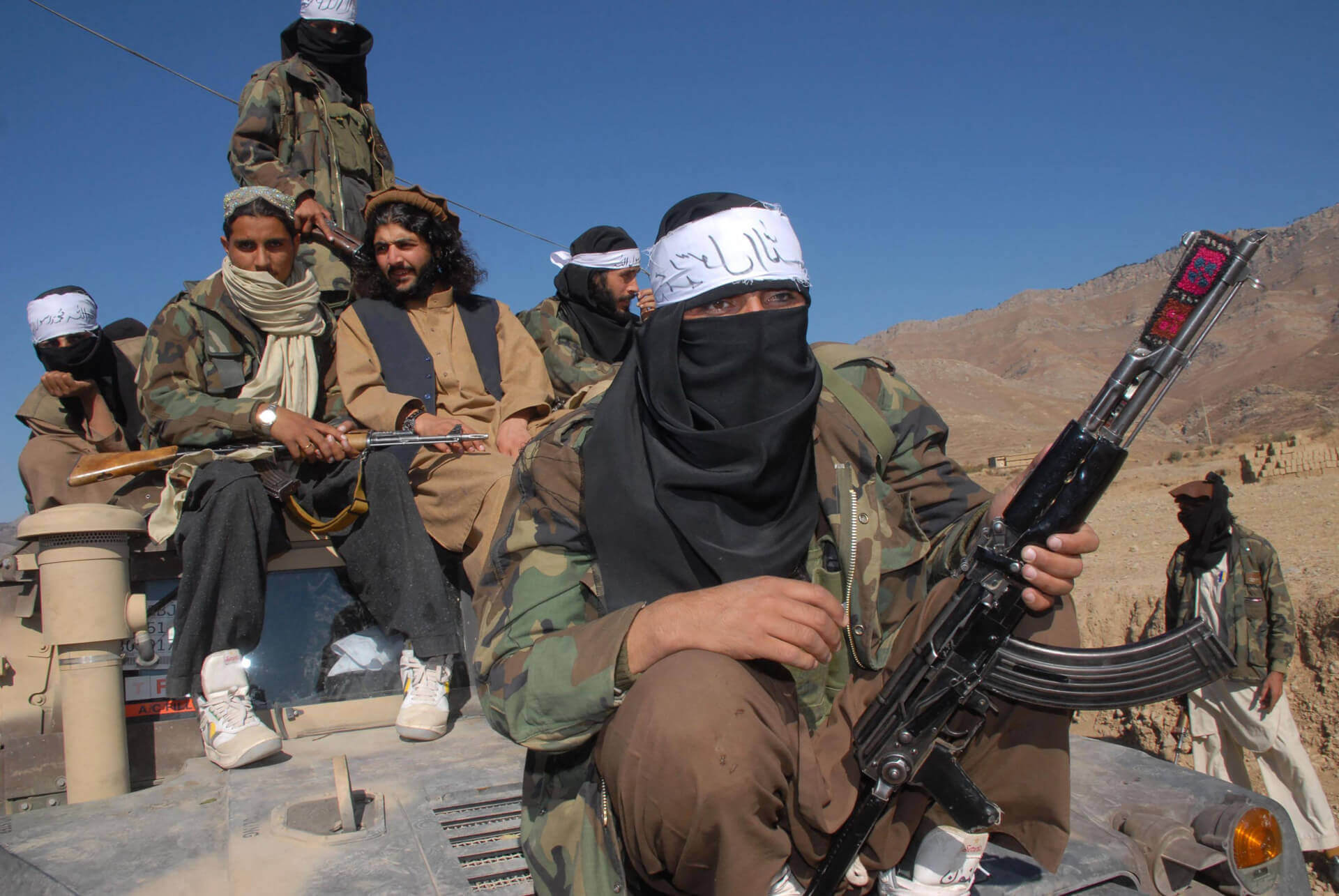The Pakistani Tehrik-i-Taliban (TTP) on Monday called off its ceasefire with the Pakistani government after just five months, citing rising military attacks on its members in Khyber Pakhtunkhwa (KP)
Spokesperson Mohammad Khurasani claimed that its “continued patience” to ensure that the “negotiation process is not sabotaged” has been disregarded.
He thus threatened to initiate “retaliatory attacks” across the country, warning that it has 600-700 fighters in Swat and has activated several others in the southern regions of KP, such as South Waziristan, North Waziristan, Bannu, Lakki Marwat, Tank, and Dera Ismail Khan.
The group told its fighters that it is “imperative for you to carry out attacks wherever you can in the entire country.”
BIG: Tehreek i Taliban Pakistan ends ceasefire, announces nationwide Jihadi attacks in Pakistan. This comes at a time when a political & economic turmoil has engulfed Pak: For many years Pakistan has used Islamist terror as a state policy against India and Afghanistan. Now this! pic.twitter.com/DNs7vlXNhz
— Aditya Raj Kaul (@AdityaRajKaul) November 28, 2022
The TTP said its decision was further hastened by the Pakistani government’s refusal to meet the group’s demand to reverse the 2018 constitutional amendment to merge the Federally Administered Tribal Areas (FATA) with KP. The TTP insists that the region should be declared semi-autonomous. Meanwhile, Islamabad insists that the merger resulted from a bipartisan and constitutional consensus and refuses to reverse its decision.
FATA is home to several foreign and domestic terror groups, including Al-Qaeda. In fact, the Pakistani interior ministry raised concerns last month about TTP fighters joining the Islamic State (ISIS) and Hafiz Gul Bahadur. Therefore, the government feels that any changes to the merger would put the region further into the hands of terrorist groups.
In fact, an increase in attacks on security officials by TTP militants forced the government to halt the polio vaccination campaign in Lakki Marwat on Monday. Pakistani security officials have conducted patrols to identify militant hideouts in KP since Friday.
Pakistan’s Minister of State for Foreign Affairs Ms Hina Rabbani Khar upon arrival in Kabul was received by senior Taliban govt officials including Deputy Economic Minister Abdul Latif Nazari and @PakinAfg CdA @ubaidniz - Significant visit! pic.twitter.com/UQPjquL0tD
— Anas Mallick (@AnasMallick) November 29, 2022
Last November, the Afghan Taliban mediated a one-month ceasefire. However, the truce was soon broken despite the government releasing several hardline militants.
This resulted in a surge in cross-border terrorism, with over 20 security personnel killed in April in a series of attacks. In response, Islamabad launched a series of airstrikes and warned the Afghan Taliban against allowing the TTP to use Afghan soil to orchestrate attacks in Pakistan.
The Pakistani government and the TTP then reached an indefinite ceasefire, mediated by the Afghan Taliban, in May. However, the TTP breached the deal several times, orchestrating violent attacks in the tribal regions bordering Afghanistan.
On 16 November, the group claimed responsibility for an attack in Lakki Marwar that killed six police officers for allegedly planning to raid a TTP base.
The militant group’s activities also instigated weeks of protests in Swat Valley in October after unidentified assailants killed a school van driver and injured two children. While the group did not claim responsibility for the attack, locals blamed the TTP, claiming that it had formed a shadow government in the region.
While the Taliban and the TTP are separate entities, they share the same core hardline ideology and have carried out several deadly attacks over the years. Since its formation in December 2007, the TTP has killed thousands and taken control of several tribal areas, where it has imposed sharia law.
It was temporarily neutralised in the aftermath of the 2014 attack on the Army Public School in Peshawar, wherein it killed 149 people, including 132 children.
The Taliban just declared war on Pakistan.
— Waj S. Khan (@WajSKhan) November 29, 2022
The economy faces default.
And a new Army Chief takes over tomorrow.
If there was a time to change course, this is it.
You can’t fight when you’re broke.
The Fauj can’t continue down the path of “Maal Nishta, Koona Da Raka”
However, it resumed its violent activities after the Taliban’s return to power in Afghanistan in August last year.
According to the Pakistani Institute for Peace Studies, the number of TTP-led militant attacks has increased by 50% in the past year. The organisation noted there were 65 attacks in KP this year until the end of October, resulting in 98 deaths and 75 injuries.
In other related developments, the Pakistani army, which was a crucial player in the May ceasefire, is undergoing changes in its leadership, with General Asim Munir replacing former General Qamar Javed Bajwa as army chief. While Bajwa had led several attacks on the TTP during his six-year tenure, it remains to be seen how Munir will respond to the militancy problem, particularly in light of this failed ceasefire.
Minister of State for Foreign Affairs Hina Rabbani Khar will visit Afghanistan today to hold talks on regional security with the Taliban. She is expected to press the group to push the TTP to return to the negotiating table.
However, Foreign Minister Bilawal Bhutto Zardari has said it may be time to “re-examine our approach” to dealing with internal security and terrorism.

